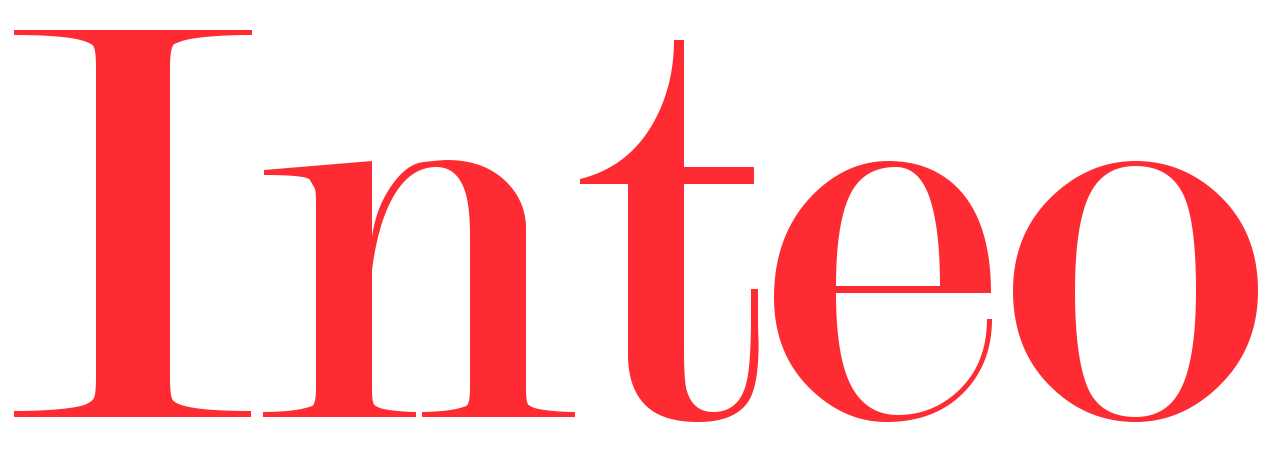IP Report - 2017-3
The Inteo IP Report is a newsletter reporting on noteworthy developments in Belgian and EU intellectual property law. To receive these updates by e-mail, you can subscribe here.
Trade marks – applications made in bad faith – In its judgment of 16 May 2017 in case T-107/16, the EU General Court annulled a decision by the EUIPO Board of Appeal. The Board of Appeal had dismissed an invalidity action on the basis that the composite mark ‘AIR HOLE FACE MASKS’ was filed in bad faith. The case is noteworthy because the trade mark application was filed by an EU distributor of the products concerned. The manufacturer sought the invalidity of the mark, asserting that it was filed in bad faith because the distributor did not have the right to file a trade mark in its own name. The General Court’s judgment explains that the considerations in the CJEU’s judgment in Lindt & Sprüngli are only examples drawn from a number of factors that can be taken into account to determine whether a trade mark application was filed in bad faith. After an assesment of all circumstances of the case (including correspondence between the parties, earlier trade mark registrations by the manufacturer in the US and Canada and the terms of the distribution agreement) the General Court decided that the trade mark had been applied for in bad faith.
Patents – As was reported in the Inteo patent law update in April, the Mons Court of Appeal has issued guidance on the effect of res iudicata (claim preclusion) on a second invalidity action by the same claimant against the same patentee. After an invalidity defence directed to a patent for a liposuction device had been dismissed in a final decision, the court allowed, in a judgment issued on 3 April 2017, a new invalidity action on legal grounds that had not been relied on in the previous action (added subject matter). However, the court declared the invalidity action inadmissible to the extent that it relied on the same legal grounds as the earlier action (obviousness, lack of novelty). The fact that the obviousness claim was supported by new evidence, i.e. prior art documents that had not been used in the earlier proceedings, was not enough to allow a new action in this respect.
Internet intermediaries – ISP and subscriber information – In a decision of 19 January 2017, the Antwerp commercial court ordered internet service provider Telenet to disclose the identity of two of its subscribers to Siemens PLM. The subscribers in question had tried to activate an unlicensed copy of Siemens product life-cycle management software. Siemens relied on the right to information that rightsholders enjoy in accordance with Article 8 of the IP Enforcement Directive. Telenet was ordered to disclose the identity of its subscribers only if the subscribers were commercial undertakings. The court ordered Siemens to pay 160 EUR to cover Telenet’s costs of compliance with the order.
Copyright – CJEU reference on copyright in flavours: In the Netherlands, the Court of Appeal of Arnhem-Leeuwaarden has issued a reference for a preliminary ruling to the EU Court of Justice on 23 May 2017. The referring court asks whether copyright can be claimed in a taste and, if it can, what conditions apply. The case relates to the taste of a popular cheese product (Heksenkaas). The referral contains specific questions, inter alia whether the instability of the food product and the subjective sensory experience play a role and – if claiming copyright in flavours (or ‘sensory copyright’) is accepted in principle – how the rightholder would have to establish originality and infringement. It is expected this matter will draw some attention, as its outcome will likely be relevant for perfumes and other luxury products as well.
Designs – indirect comparison – On 14 March 2017, the Brussels Court of Appeal decided that Vasco Group’s registered Community design for heating radiators was infringed by Quinn Group. The validity of the design was not in dispute. In its infringement assessment, the court found that minor differences between the products and the registered design do not lead to a different overall impression for the informed user. The court takes into account that the designer of such products enjoys a substantial degree of freedom. The infringement assessment was made on the basis of an indirect method of comparison based on an imperfect recollection of the designs. The court notes, in that regard, that a direct comparison of heating radiators will not always be possible for the informed user.
Recovery of legal costs – On 8 May 2017, the Antwerp Court of Appeal issued a long-awaited judgment in another case involving Telenet, after a preliminary ruling by the EU Court of Justice. As the prevailing party in a patent infringement case against Rovi, Telenet claimed lawyers’ fees in excess of the statutory maximum that applies in Belgium. The CJEU had ruled in C-57/15 that a flat-rate scheme for the recovery of lawyers’ fees is irreconcilable with Article 14 of the IP Enforcement Directive if the cap is too low to allow the prevailing party to recover at least a significant and appropriate part of reasonable costs. The Court of Appeal rejected Telenet’s claim for lawyers’ fees beyond the statutory maximum in the main proceedings because – even if it were to accept that the Belgian statutory maximum is in fact too low – it could not adversely affect Rovi’s legal position by means of a contra legem interpretation of national law. In contrast, Rovi was ordered to pay the fees of Telenet’s technical counsel.
Contact - For more information about the topics covered in this newsletter, please contact our lawyers Kristof Neefs (kristofneefs@ip.be / +32476900364) or Sofie Cubitt (sofiecubitt@ip.be / +32479735776).




